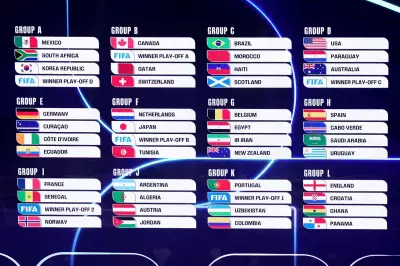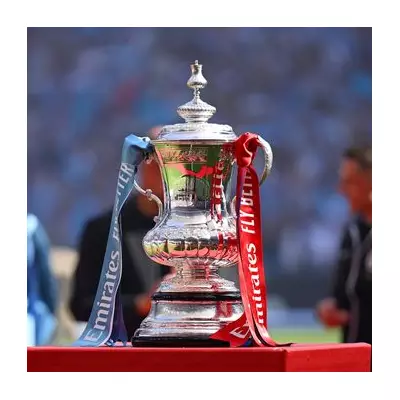
Thomas Tuchel, the pragmatic German tactician now at the helm of the England men's football team, might wish to believe that sport and politics are separate entities. Yet, as he settles into his role at St. George's Park, he is discovering that managing the Three Lions is an endeavour soaked in symbolism, identity, and unavoidable political undertones.
The Inescapable Weight of the Shirt
Tuchel's predecessor, Gareth Southgate, masterfully navigated the role's complexities. He reconnected the team with a modern, inclusive sense of English identity, using his platform to speak on issues from racial equality to national unity. Southgate understood that the England captaincy wasn't just about on-field leadership; it was a symbolic gesture laden with meaning.
Tuchel's approach, by stark contrast, appears deliberately apolitical. His focus is razor-sharp: tactics, performance, and results. He has stated his desire for the team to be judged solely on footballing merit, a seemingly reasonable request from a technical director. However, the England manager's job description extends far beyond the technical area.
A Captain's Armband More Than Fabric
The recent controversy surrounding the armband itself highlights Tuchel's tightrope walk. In an era where 'OneLove' armbands can spark international incidents and individual player advocacy is potent, the choice of captain and the symbols they wear are intensely scrutinised. Does a player take the knee? How does the team respond to geopolitical events at major tournaments?
These are not questions a manager can simply dismiss. They are embedded in the fabric of international football. Every selection, every gesture, and every statement from the England camp is dissected for its broader meaning, whether Tuchel likes it or not.
Can Football Ever Be Just Football?
Tuchel's attempt to create a politics-free zone is a monumental challenge. The England team does not play in a vacuum. It represents a nation grappling with its own complex history and identity. The players are multi-millionaire influencers with their own platforms and convictions. The fans project their hopes, prejudices, and ideals onto the team.
While his focus on football fundamentals is commendable, history suggests that the most successful England managers are those who embrace the role's symbolic heft. They harness the power of national identity to build a cohesive, passionate unit, rather than attempting to ignore it.
The true test for Tuchel will come not in a qualifying match, but when the first major political or social storm inevitably breaks around his team. His response will define his tenure far more than any tactical innovation ever could.





